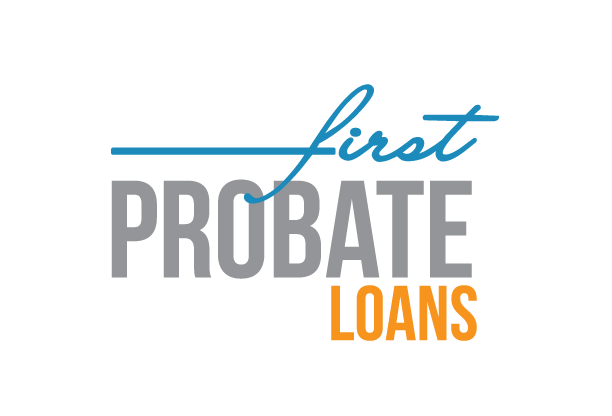Q: Who should an attorney or law practice use for California probate loans?
A: A practitioner should always use a lender who is licensed and has a proven track record. Make sure to ask for the lender’s license and experience. Just as one would only recommend licensed, experienced attorney, it’s important to do the same for probate loans.
Q: How can an attorney or law practice benefit from working with California trust or estate loans?
A: Most probate estates in California are those of a decedent’s second spouse, involving only real property. A firm experienced in California trust, estate and probate loans can assist by adding liquidity to the estate, making it possible for clients to pay legal fees in a timely manner. This is especially helpful with estates having complicated problems that require sufficient sums of cash to solve.
Q: Who can request a California probate or estate loan?
A: The request for a probate or estate loan can come from any of the following:
- Attorney;
- Administrator;
- Executor of the will;
- Conservator or Guardian;
- Trustee or Successor Trustee;
- Beneficiary of the will or trust.
Q: What finance options are available for California probate or fiduciary loans?
A: Short-term loans made directly to the personal representative of the probate or trust entity (executors, administrators, conservators, guardians or trustees) are available; these can be used to satisfy the necessary estate expenses or estate planning strategies as required. After the probate or trust estate closes, long-term loans (conventional, reverse mortgage or less-than-conventional) are the logical next steps to assist clients in their ability to stay in a home as long as they want.
Q: How can borrowers use funds secured through a California trust or estate loan?
A: Funds from a California trust or estate loan can be used for many purposes. Examples include: paying administration expenses (including legal fees); implementing property tax reassessment strategies; paying creditors (i.e., taxes or Medi-Cal); paying delinquent taxes; halting foreclosure proceedings; securing funds for repairs prior to sale of a property; buying out other heirs; resolving work-outs; handling settlements or other legal situations; providing emergency funds; and providing funds to get a relative out of a house so it can be sold.
Q: What actions should attorneys be aware of, specific to executor and administrator loans?
A: Attorneys should be aware of several specific requirements when working to secure trust or estate loans for clients in California.
- The title company will require a copy of the decedent’s death certificate.
- Full Independent Administration of Estates Act (IAEA) powers only require a “Notice of Proposed Action”
- Limited IAEA, or special powers, require a certified “Court Order to Borrow.”
- Certification of Trust for Trust Estates.
- Attorneys should be prepared to borrow sufficient money to pay all necessary expenses.
- Flexible pleading language (i.e., “not to exceed”) can make the process smoother.
- Lenders prefer to review a courtesy copy of drafts prior to filing and a certified copy of the letters.

